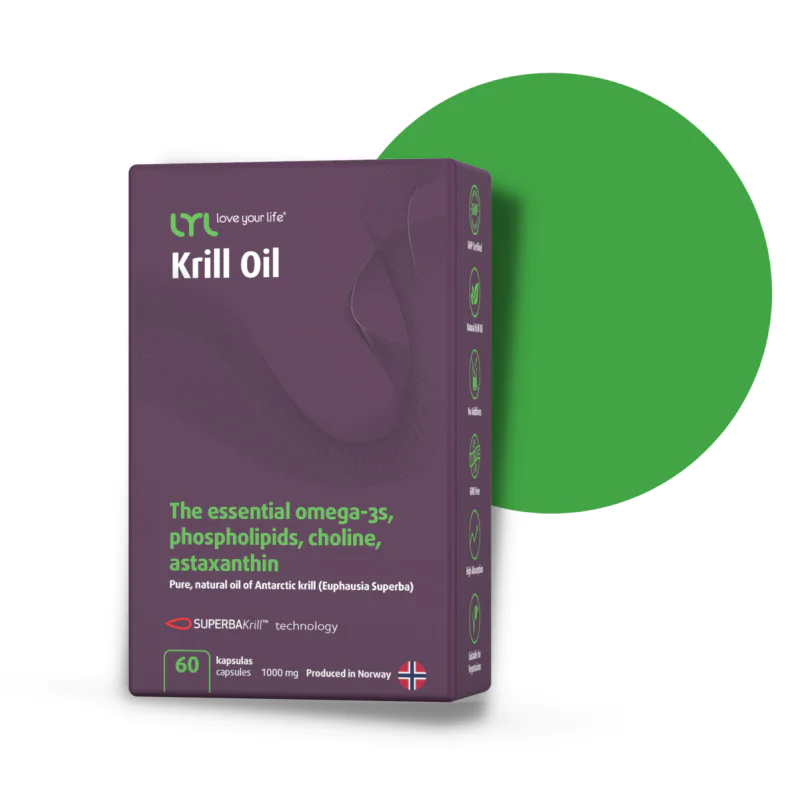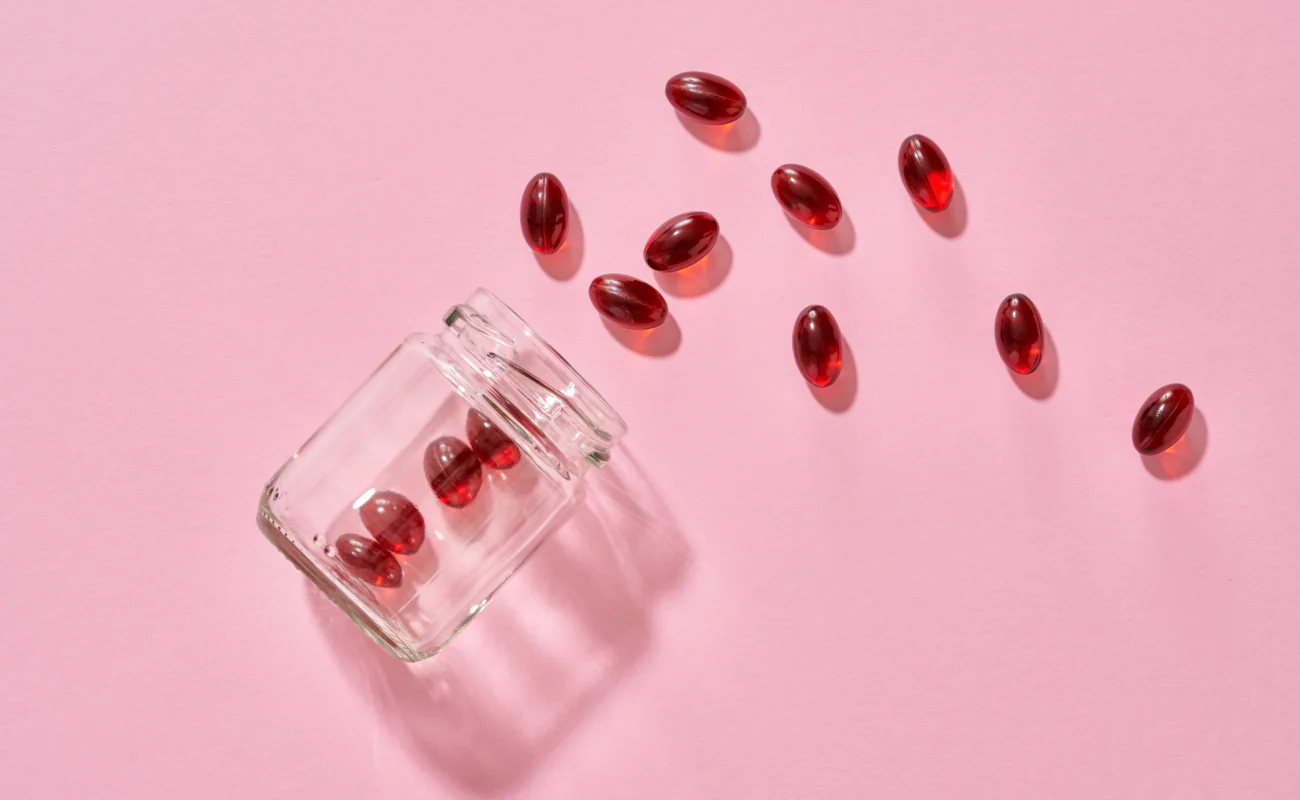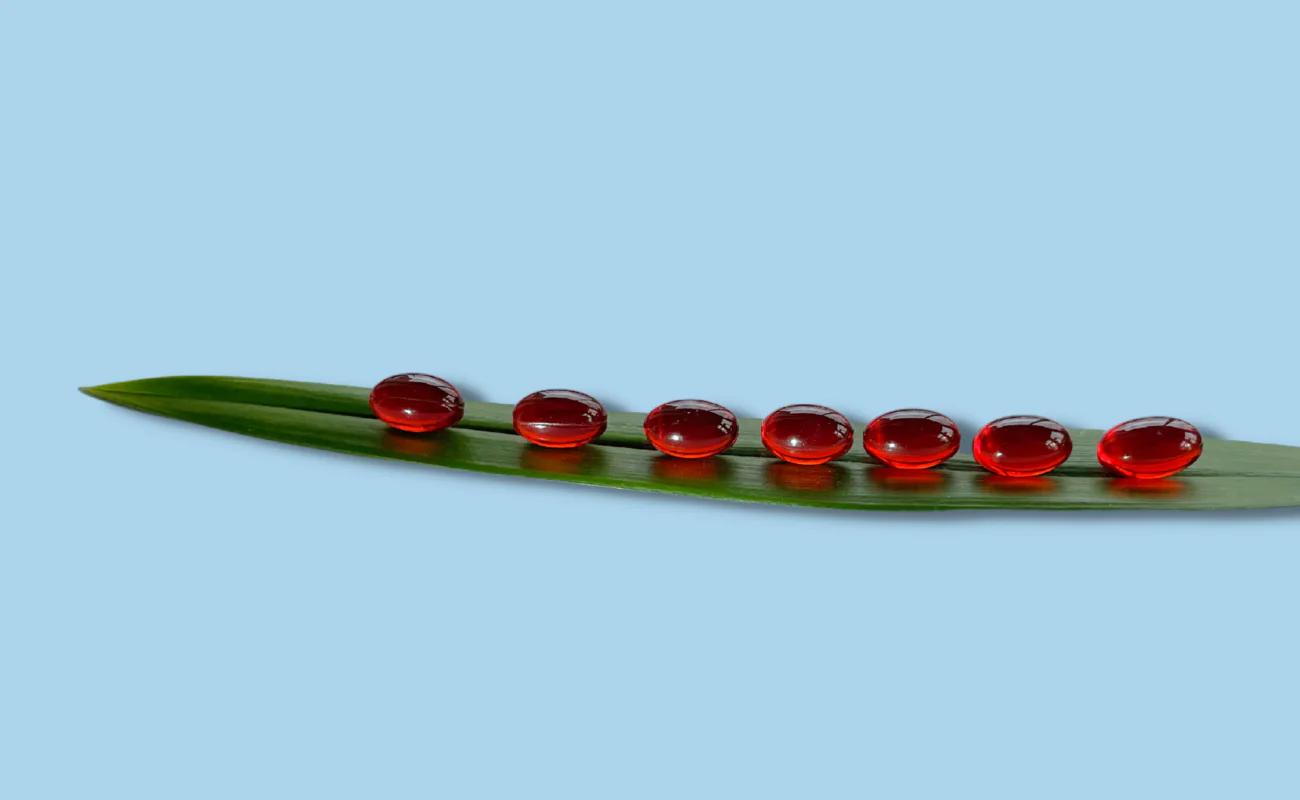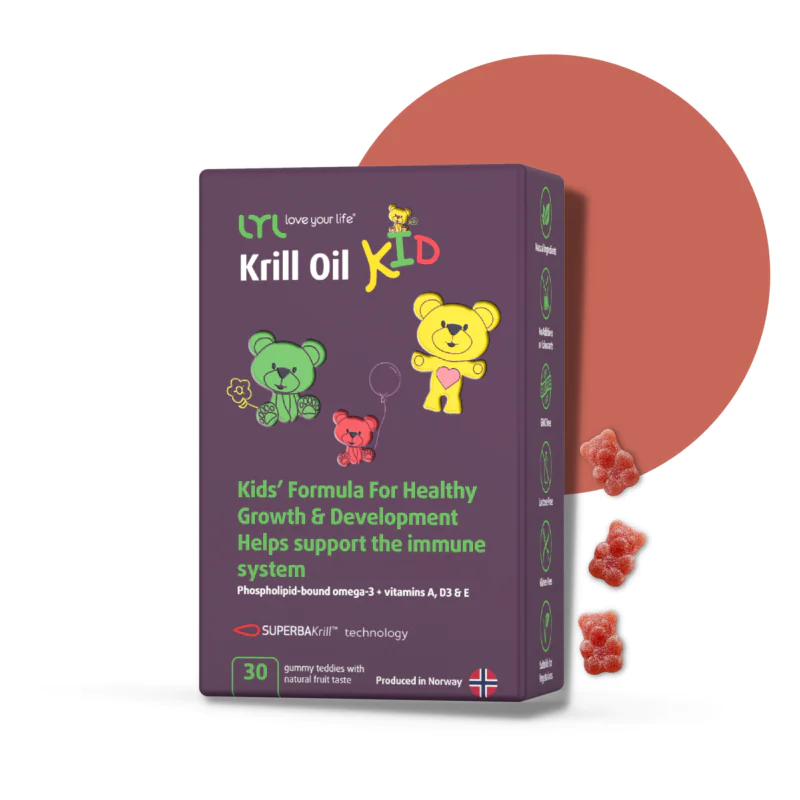what is Omega-3?
Omega-3s are indispensable long-chain polyunsaturated fatty acids which are not created by the human body, therefore we must regularly consume them with our food throughout our lives.

What is Omega-3?

Omega-3s are indispensable long-chain polyunsaturated fatty acids which are not created by the human body, therefore we must regularly consume them with our food throughout our lives.

It has to be taken into account that omega-3 fatty acids are the main ingredient forming the body’s cell membranes, so they are crucial in the regeneration of new cells and indispensable for the appropriate function of almost all our organs.
Unfortunately, in our latitude the daily food available to us does not provide us with a sufficient amount of omega-3. Therefore, to ensure a healthy and strong body at any age, it is recommended to take omega-3 fatty acids additionally – with dietary supplements.


It has to be taken into account that omega-3 fatty acids are the main ingredient forming the body’s cell membranes, so they are crucial in the regeneration of new cells and indispensable for the appropriate function of almost all our organs.

Unfortunately, in our latitude the daily food available to us does not provide us with a sufficient amount of omega-3. Therefore, to ensure a healthy and strong body at any age, it is recommended to take omega-3 fatty acids additionally – with dietary supplements.

Omega-3 history?
Omega-3 fatty acids have been a vital nutrient since the very beginnings of humankind. The ratio of indispensable fatty acids omega-6 and omega-3 in the diet of primitive men was 1:1. Today this ratio is 10:1, because the proportion of products containing omega-6 — vegetable oils, meat, cereals — has greatly increased in our diets, while the amount of products rich in omega-3 fatty acids has decreased. This explicit imbalance between omega‑6 and omega-3, which is the cause of many ailments, is another important argument why it is recommended to additionally consume omega-3.
POTENTIAL SIGNS OF OMEGA-3
DEFICIENCY IN THE HUMAN BODY?
- Slowly growing nails
- Dull nail colour
- Dry feeling in the mouth
- Craving for fatty foods
- Dry skin
- Dandruff
- Stiff or painful joints
- Dry eyes
- Cracked skin on fingertips
- Goose-bump like skin on shoulders
MARINE PHOSPHOLIPIDS
The omega-3 fatty acids that krill oil contains are in the form of marine phospholipids (as opposed to fish oil which contains omega-3 fatty acids in the form of triglycerides). This makes krill oil a source of omega-3 that is easily recognised and absorbed by the cells of the human body.
Phospholipids are the main ingredient of the cell membranes of living beings, which ensure that they have a flowing, flexible structure, receive the necessary nutrients, and expel waste materials. They are the main elements of cell membranes because their molecules have both a water absorbing (hydrophilic) and an oil absorbing and water repelling (hydrophobic) part.


